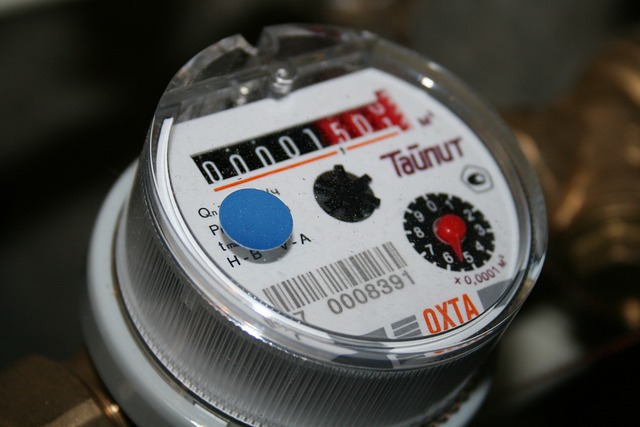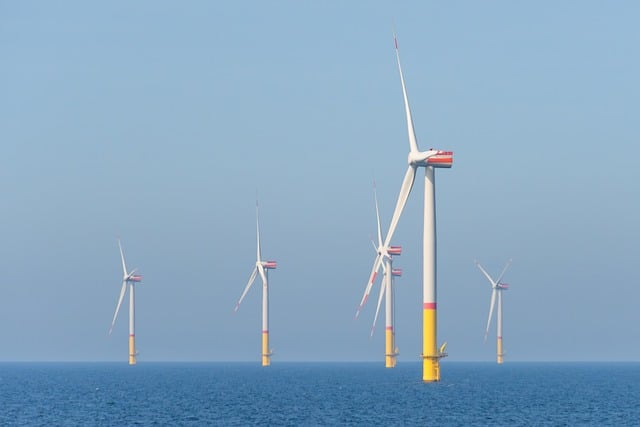The Role of Smart Meters in Achieving Carbon Neutral Goals: A Sustainable Development Approach
In our collective journey toward a greener and more sustainable future, the integration of innovative green technologies has become indispensable. Among these, the smart meter stands out as a pivotal tool that empowers both consumers and utilities to take meaningful strides in reducing our ecological footprint and advancing toward carbon neutral objectives.
Understanding the Impact of Sustainable Development
Sustainable development rests on the principle of meeting our present needs without compromising the ability of future generations to meet theirs. This philosophy is deeply intertwined with the urgency to minimize the ecological footprint, which represents the measure of human demand on the Earth’s natural resources. Every watt saved, every kilowatt-hour measured precisely, and every inefficiency addressed contributes to this balance.
How Smart Meters Empower Energy Efficiency
The smart meter is more than just a digitized version of the traditional energy meter; it is an enabler of real-time energy monitoring, management, and optimization. Unlike conventional meters that provide delayed information, smart meters deliver near-instantaneous data, allowing households and businesses to see their energy consumption patterns as they happen.
This immediacy encourages behavioral changes: turning off appliances when not in use, shifting usage to off-peak hours, and embracing renewable energy sources with better synchronization. The result is a more efficient energy system that reduces unnecessary demand and waste.
Reduction of Ecological Footprint Through Data-Driven Decisions
Tracking energy use with smart meters provides invaluable insights that directly translate into reduced emissions. When energy consumption aligns more closely with actual needs and renewable generation, the reliance on fossil fuel-based power plants diminishes. This collective reduction contributes significantly to lowering our ecological footprint.
Urban planners and governments also benefit from aggregated smart meter data, which can inform strategies for sustainable infrastructure development and optimized energy grids designed with carbon neutrality in mind.
Smart Meters as Catalysts for Carbon Neutral Goals
Carbon neutrality means balancing emitted carbon with an equivalent amount sequestered or offset. The path to this ambitious target necessitates profound shifts in energy production and consumption. Smart meters enable these shifts by facilitating:
- Enhanced integration of renewable sources: Precise energy tracking supports the use of solar, wind, and other renewables, aligning consumption with generation.
- Demand response programs: Utilities can incentivize customers to reduce or shift consumption during peak times, reducing the carbon intensity of electricity use.
- Empowered consumers: Individuals gain control over their environmental impact through informed choices supported by smart meter data.
The Path Forward
As global awareness of climate change intensifies, the deployment of smart meters represents a tangible step toward sustainable development. Their integration into energy systems paves the way for smarter cities, greener homes, and a future where carbon neutrality is not just an aspirational goal but an achievable reality.
Embracing smart meter technology is not simply a technological upgrade—it is a commitment to a sustainable lifestyle, a reduction in ecological footprint, and a vital component of the broader green technology ecosystem striving for a healthier planet.




